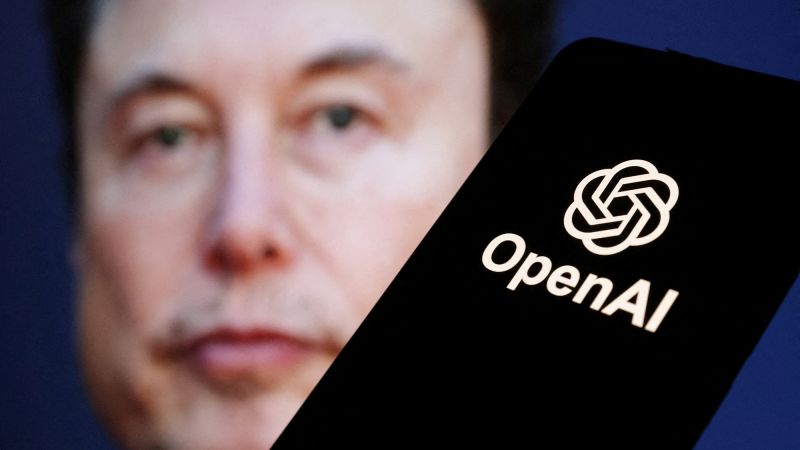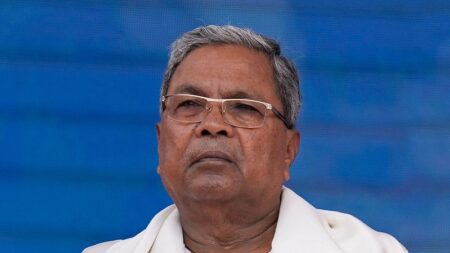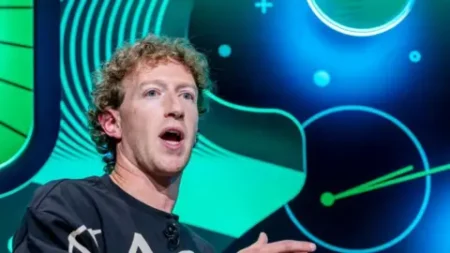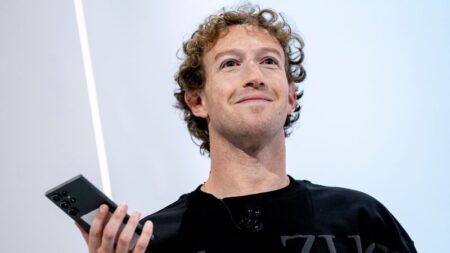Elon Musk has recently made headlines with his declaration regarding the potential acquisition of OpenAI, the organization best known as the maker of ChatGPT. In a bold statement, Musk indicated he is willing to withdraw his bid to purchase OpenAI if the company insists on maintaining its present structure, which operates under a nonprofit model. This structure has become a point of contention in what has evolved into a public battle for control over the future direction of artificial intelligence.
The ongoing battle pits Musk against OpenAI’s CEO, Sam Altman. Musk has taken the initiative to lead a group of investors who are pushing for a staggering offer of $97.4 billion to acquire OpenAI. However, just a day later, he expressed his willingness to abandon this pursuit if OpenAI honors what he perceives as its original mission. Musk voiced his perspective in a court filing, asserting, “If OpenAI, Inc.’s Board is prepared to preserve the charity’s mission and stipulate to take the for-sale sign off its assets by halting its conversion, Musk will withdraw the bid.”
In his filing, Musk highlights a principle he is advocating for—the safeguarding of the organization’s nonprofit essence. The stakes are high, and the discussion has taken a personal turn, especially with Altman publicly criticizing Musk’s motivation behind the bid. While the legal evolution continues, OpenAI’s court filings raise questions regarding Musk’s own actions, deeming him hypocritical for simultaneously pursuing private ownership while calling for nonprofit measures to be upheld.
OpenAI’s defensive stance has been articulated in several arguments, including accusations that Musk’s actions contradict the very principles he stands for. Notably, Musk had previously filed lawsuits against OpenAI, arguing that the company strayed from its foundational nonprofit charter. Yet, in asking for the company to be sold back to him, OpenAI’s leadership pointed out Musk’s contradictory behavior, suggesting a self-serving motive hidden within his claims of nonprofit preservation.
Legal representatives for both Musk and OpenAI have stepped into the fray, each maintaining their respective positions. A spokesperson for Musk did not provide immediate comments, whereas OpenAI’s counsel underscored the unique standing of nonprofits, emphasizing that they possess no obligation to consider acquisition offers like those presented by Musk. Andrew Nussbaum, who is representing the OpenAI Board, articulated that the “independent Board’s sole fiduciary duty is to the mission of ensuring AGI benefits all of humanity.”
OpenAI operates via a dual structure of a nonprofit organization managing a profit-driven entity known as OpenAI LP, which has propelled the company’s valuation upwards to approximately $100 billion in a remarkably short period. Much of this success is attributed to Altman, who is credited with formulating the strategies that have turned OpenAI into a leading AI community.
Recently, OpenAI announced plans to further spin out the for-profit entity, hoping to enhance its financial capabilities. Musk’s view on this strategic shift is grounded in his belief that it flips the organization’s original purpose on its head, suggesting that it transforms OpenAI from a charity-focused initiative into a profit-centric venture, an action Musk believes violates their founding ethos.
The interplay between Musk and Altman is not without its personal grievances, as they have historically been at odds with one another. Musk has leveled various legal challenges against OpenAI and its leadership, asserting the company has not been forthright about its philanthropic vision. Musk’s recent remarks at the World Government Summit in Dubai encapsulated his stance, likening OpenAI’s current trajectory to a betrayal of what donors intended when they supported the nonprofit ethos.
Altman weighed in during recent dialogues, questioning Musk’s mental state, suggesting, “I think he’s probably just trying to slow us down.” Thus, this unfolding tale encapsulates not only a clash of corporate ambitions but also a tussle with ideologies concerning the future path of artificial intelligence.
As the situation is evolving, both parties remain locked in a delicate contest of legal and ethical principles, with significant implications for the future of AI, and it is likely that this narrative will develop further in the days ahead, showcasing the complex relationship between innovation, finance, and ethics in the rapidly changing landscape of technology.











